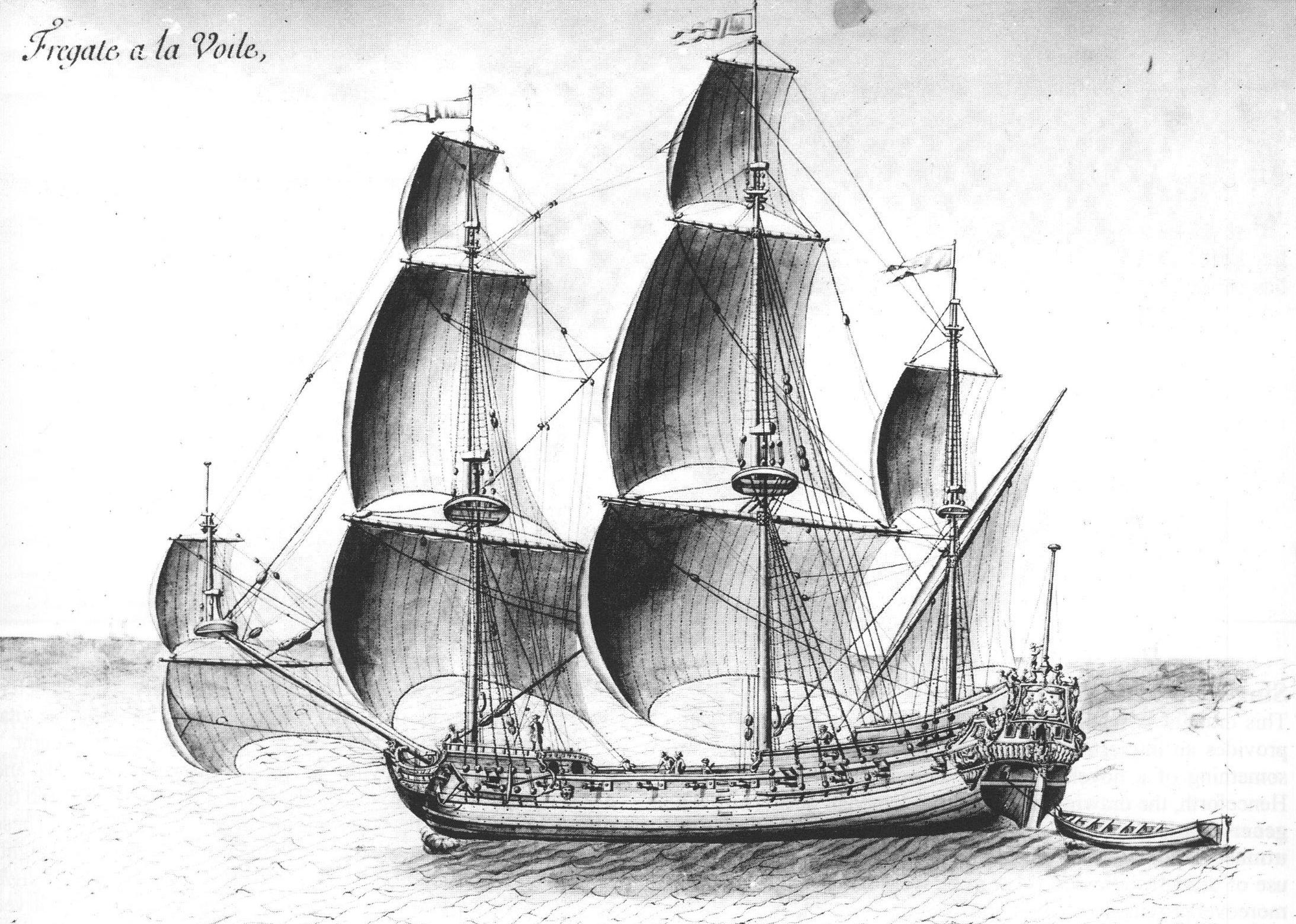|
Sir Charles Cotton, Admiral Of The White
Sir Charles Cotton, 5th Baronet (June 1753 – 23 February 1812) was a senior Royal Navy officer of the French Revolutionary and Napoleonic Wars whose service continued until his death in command of the Channel Fleet from apoplexy in 1812. During his service, Cotton saw action off the Eastern Seaboard of the Thirteen Colonies and later at the Glorious First of June. Cotton's most influential service was in 1809 when he planned and executed the evacuation of thousands of British soldiers from Corunna after the disastrous collapse of the land campaign under Sir John Moore. Early career Cotton was the third child of Sir John Hynde Cotton, 4th Baronet, MP and Anne Parsons, daughter of Humphrey Parsons, Lord Mayor of London. Cotton was educated at Westminster School and Lincoln's Inn before joining the Royal Navy in 1772 as a midshipman on HMS ''Deal Castle''. In 1775, during the American Revolutionary War, Cotton joined the frigate HMS ''Niger'' and participated in the Boston camp ... [...More Info...] [...Related Items...] OR: [Wikipedia] [Google] [Baidu] |
Stoke House
Stoke is a common place name in the United Kingdom. Stoke may refer to: Places United Kingdom The largest city called Stoke is Stoke-on-Trent in Staffordshire. See below. Berkshire * Stoke Row, Berkshire Bristol * Stoke Bishop * Stoke Gifford * Bradley Stoke * Little Stoke * Harry Stoke * Stoke Lodge Buckinghamshire * Stoke Hammond * Stoke Mandeville * Stoke Poges Cheshire * Stoke, Cheshire East * Stoke, Cheshire West and Chester, a civil parish Cornwall * Stoke Climsland Devon * Stoke, Plymouth * Stoke, Torridge, in Hartland parish * Stoke Canon * Stoke Fleming * Stoke Gabriel * Stoke Rivers Dorset * Stoke Abbott * Stoke Wake Gloucestershire * Stoke Orchard Hampshire * Stoke, Basingstoke and Deane * Stoke, Hayling Island * Stoke Charity * Basingstoke, Basingstoke and Deane * Alverstoke, Gosport Herefordshire * Stoke Bliss * Stoke Edith * Stoke Lacy * Stoke Prior Kent * Stoke, Kent Leicestershire * Stoke Golding Lincolnshire * Sto ... [...More Info...] [...Related Items...] OR: [Wikipedia] [Google] [Baidu] |
Napoleonic Wars
The Napoleonic Wars (1803–1815) were a series of major global conflicts pitting the French Empire and its allies, led by Napoleon I, against a fluctuating array of European states formed into various coalitions. It produced a period of French domination over most of continental Europe. The wars stemmed from the unresolved disputes associated with the French Revolution and the French Revolutionary Wars consisting of the War of the First Coalition (1792–1797) and the War of the Second Coalition (1798–1802). The Napoleonic Wars are often described as five conflicts, each termed after the coalition that fought Napoleon: the Third Coalition (1803–1806), the Fourth (1806–1807), the Fifth (1809), the Sixth (1813–1814), and the Seventh (1815) plus the Peninsular War (1807–1814) and the French invasion of Russia (1812). Napoleon, upon ascending to First Consul of France in 1799, had inherited a republic in chaos; he subsequently created a state with stable financ ... [...More Info...] [...Related Items...] OR: [Wikipedia] [Google] [Baidu] |
Frigate
A frigate () is a type of warship. In different eras, the roles and capabilities of ships classified as frigates have varied somewhat. The name frigate in the 17th to early 18th centuries was given to any full-rigged ship built for speed and maneuverability, intended to be used in scouting, escort and patrol roles. The term was applied loosely to ships varying greatly in design. In the second quarter of the 18th century, the 'true frigate' was developed in France. This type of vessel was characterised by possessing only one armed deck, with an unarmed deck below it used for berthing the crew. Late in the 19th century (British and French prototypes were constructed in 1858), armoured frigates were developed as powerful ironclad warships, the term frigate was used because of their single gun deck. Later developments in ironclad ships rendered the frigate designation obsolete and the term fell out of favour. During the Second World War the name 'frigate' was reintroduced to des ... [...More Info...] [...Related Items...] OR: [Wikipedia] [Google] [Baidu] |
HMS Deal Castle (1756)
HMS Deal Castle was a 20-gun Royal Navy ship built in 1756. Service Commissioned in 1754 she was built at Blackwall and fitted out in Deptford 1755/56 by Adam Hayes and launched on 20 January 1756. Her first Captain was Edward Hughes. Fitting out was completed in March and she then plied the English Channel The English Channel, "The Sleeve"; nrf, la Maunche, "The Sleeve" (Cotentinais) or ( Jèrriais), (Guernésiais), "The Channel"; br, Mor Breizh, "Sea of Brittany"; cy, Môr Udd, "Lord's Sea"; kw, Mor Bretannek, "British Sea"; nl, Het Kana ... and North Sea. Her first action was on 18 July 1760 when she captured the French privateer Le Faucon. In 1762, she escorted a convoy of troop carriers to Senegal and saw brief action with the French ship ''Le Signe''. She was recommissioned in 1763 under command of Sir Digby Dent, Captain Digby Dent and saw three years service in the Mediterranean including a diplomatic trip to Cadiz. From 1766 to 1768, it was repaired and re ... [...More Info...] [...Related Items...] OR: [Wikipedia] [Google] [Baidu] |

